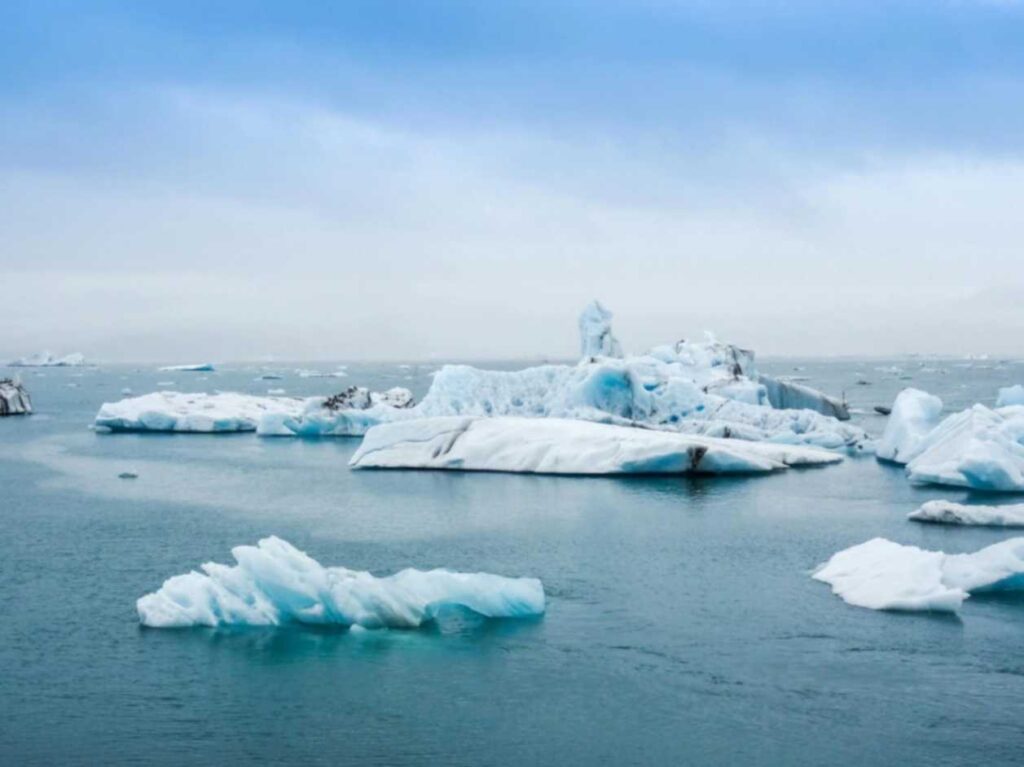Earth recorded 2024 as the hottest year ever with heat waves, melting glaciers and oceans warming at an all-time high. The WMO’s State of the Global Climate report highlighted 2024 as the warmest year in its 175-year observational record.
It said atmospheric concentrations of carbon dioxide are at the highest levels in the last 800,000 years, with each of the past ten years being the 10 warmest years on record. Each of the past eight years has set a new record for ocean heat content and the rate of sea level rise has doubled since satellite measurements began.
The record global temperatures were mainly due to the ongoing rise in greenhouse gas emissions, and the shift from a cooling La Nina to a warming El Nino event, including changes in the solar cycle, a massive volcanic eruption, and a decrease in cooling aerosols.
United Nations Secretary-General Antonio Guterres said Earth is issuing more distressing signals. “This report shows that limiting long-term global temperature rise to 1.5 degrees Celsius is still possible.” He called on leaders to step up, and seize the benefits of cheap, clean renewables for their people and economies.”
WMO Secretary-General Celeste Saulo said while a single year above 1.5 degrees Celsius of warming does not indicate that the long-term temperature goals of the Paris Agreement are out of reach, it is a wake-up call.
Also Read: BREAKING: Ukraine Targets Moscow With Largest Drone Attack In Three Years of War With Russia
Earth Witnessing Extreme Weather

Saulo highlighted that extreme weather continues to have devastating consequences around the world. “Data for 2024 show that our oceans continued to warm and sea levels continued to rise. The frozen parts of Earth’s surface, known as the cryosphere, are melting at an alarming rate – glaciers continue to retreat, and the Antarctic sea ice reached its second-lowest extent ever recorded.”
The report stated that tropical cyclones, floods, drought and other hazards in 2024 led to the highest number of new displacements recorded for the past 16 years. This contributed to worsening food crises and massive economic losses.
Saulo believes investment in weather, water and climate services is more important than ever to meet the challenges and build safer, more resilient communities.